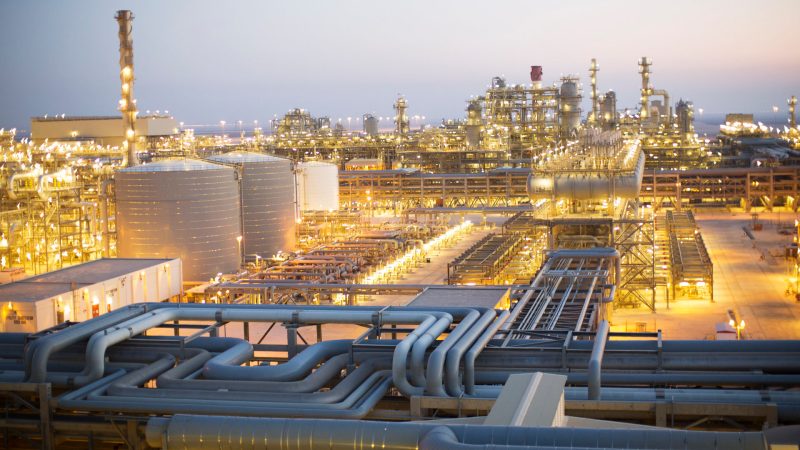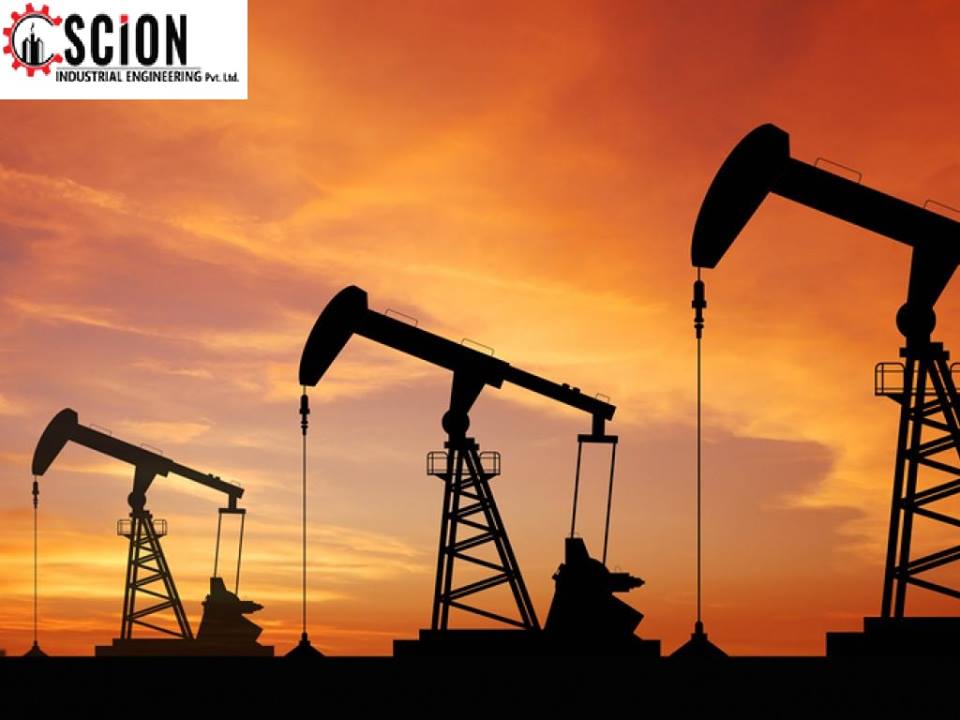Saudi Arabia’s oil chief said markets are going through a “jittery period” and reiterated Tuesday that the kingdom’s ability to ensure energy security is no longer guaranteed.
Energy Minister Prince Abdulaziz bin Salman said cross-border attacks have put to question “our ability to supply the world with the necessary energy requirements.” The attacks have been carried out by Yemen’s rebel Houthis, who are supported by Iran.
“It goes without saying that if this security supply is impacted, it will impact us … but more fundamentally, I think it also will affect the world economy,” he said.
Prince Abdulaziz said Saudi Arabia and the United Arab Emirates could once rely on a collective effort to ensure their energy security. “These pillars are no longer there,” he added. The prince spoke at the World Government Summit, an event sponsored by the government of Dubai in the UAE.
Oil prices, already at their highest in years, have shot up further amid the Houthi attacks on Saudi Arabia, OPEC’s largest oil producer. Brent crude prices are trading above $110 a barrel, though have soared at times past $120.
The Houthis have used drones and missiles to target the kingdom’s oil facilities, and have also attacked targets in the UAE’s capital of Abu Dhabi.
On Friday, they hit a Saudi oil products storage facility in the Red Sea coastal city of Jiddah, sending huge plumes of black smoke into the air that were visible from the vicinity of the Formula One race where practice laps were underway.
The war in Yemen – where a Saudi-led military coalition, which includes the UAE, has been battling the Houthis since 2015 – has rattled these two Gulf Arab states, revealing the vulnerability of their oil facilities.
Saudi Arabia has expressed its frustrations in official statements, saying it will not bear any responsibility for shortages in oil supplies due to the attacks.
Crude oil prices have also been buoyed by a deal struck by leading producers, led by Saudi Arabia and Russia, in an alliance known as OPEC+, which limited oil production to keep prices from crashing amid pandemic lockdowns in 2020. The group has stuck to its cautious plan of releasing more barrels on a monthly basis as COVID-1 9 restrictions have eased. Critics of the plan say the Russian war in Ukraine is roiling markets and sending energy prices soaring for consumers at the pump.
High energy prices have not only benefited oil exporters, but have also helped Russia offset some of the economic pain from Western sanctions over its invasion of Ukraine.
The United States, European nations and Japan have either called on Gulf Arab producers with spare capacity to pump more oil or, at a minimum, suggested they should. British Prime Minister Boris Johnson delivered that request in person in Riyadh and Abu Dhabi this month.
“What we are asking for (is) not to tell us ‘do this and do that’. We are experts in our field and we have been doing it for a very long time,” UAE energy minister, Suhail al-Mazrouei, said at the summit.
Al-Mazrouei, doubled-down on the OPEC+ alliance a day earlier in remarks at an energy forum in Dubai. Again on Tuesday, he and the Saudi energy minister stressed the importance of Russia’s roughly 10 million barrels a day in crude output, saying it amounts to almost 10% of global oil demand. They insisted that politics – in reference to Russia’s invasion of Ukraine – should be separated from energy policy.
We are not taking a side today,” the Emirati minister said. The aim of OPEC+, he said, is stabilizing the market.
Gulf Arab states have been hedging their policies since the start of the Russian invasion, careful not to be seen as choosing a side.
Despite U.S. condemnation of the Houthis and U.S.-supplied anti-missile systems for Saudi Arabia, relations between the Biden administration and Crown Prince Mohammed bin Salman, the kingdom’s de-factor ruler, remain tense. There has been no direct call between the two since the U.S. president took office, though President Joe Biden has spoken to the prince’s father, King Salman.
As the White House inches closer to a nuclear deal with Iran, the Biden administration has tried to reassure traditional Mideast allies of its commitment to their security. Israel and several Gulf Arab states remain fiercely opposed to any efforts that would lift sanctions on Iran.
“We have developed and delivered our side of the story,” Prince Abdulaziz said, referring to the kingdom’s position on the link between its national security and global energy market stability.
“People, others, need to deliver their own side of the commitment,” he added. “Otherwise, the very pillar of energy security will be disturbed, to say the least.”
This year, the World Government Summit is being held on the premises of Dubai Expo 2020, the six-month-long world’s fair that concludes later this week.
Source:https://economictimes.indiatimes.com/news/international/saudi-arabia/saudi-oil-chief-prince-abdulaziz-bin-salman-says-energy-security-imperiled-by-attacks/articleshow/90516776.cms


